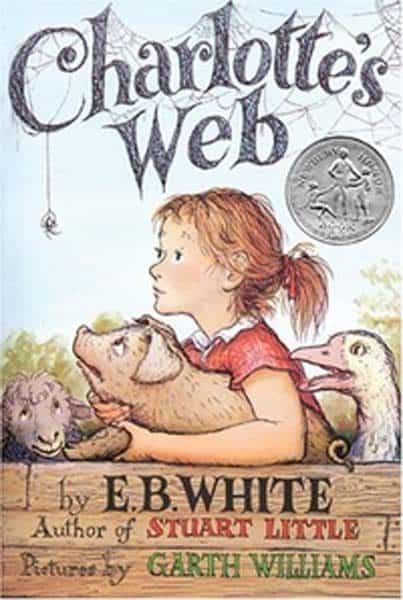In his 1993 essay E Unibus Pluram, David Foster Wallace wrote of the dawning of a new literary movement, one whose practitioners would rebel against the obscurity and nihilism of modernism and the arch detachment of postmodernism. There would come writers, he said, who would “treat plain old untrendy human troubles and emotions… with reverence and conviction”. These writers, he said, would “eschew selfconsciousness”, risking “the yawn, the rolled eyes, the cool smile, the nudged ribs, the parody of gifted ironists”. Wallace’s essay has come to be seen as the founding text of the anti-ironical turn in contemporary literature, often referred to as the “new sincerity”.
While George Saunders was still a geophysical engineer at Radian International in 1993, his work since then – four collections of short stories, two fable-like novellas ostensibly for children, and the Man Booker-winning novel Lincoln in the Bardo – gives the impression of having been summoned forth by Wallace’s words. Here is a writer whose output varies widely in theme and style, but where the unifying element is the deep sense of goodness that radiates from it. There’s a line that Saunders used in a New Yorker essay that has stuck with me: “Literature is a form of fondness-for-life. It is love for life taking verbal form.” Reading Saunders is a moral education.
So we come to his latest offering, Fox 8, a 47-page story initially published in the Guardian that has been beautifully packaged by Bloomsbury and illustrated by Chelsea Cardinal. It takes the shape of a letter from the titular fox to the Yumans, whose language he has managed to learn, albeit in a rather haphazard and phonetic manner. Fox and his friends – he’s particularly close to Fox 7 – live in a wood under the benign supervision of the Grate Leeder, Fox 28, until one day they discover “a sine, and upon that sine are some Yuman letters like the ones I had been lerning… What those words said is: Coming soon, FoxViewCommons.”
Developers cut down the wood and Fox has to flee, through a landscape of “mawls” and “rodes” with names like “RiverWalkEstates” and “Hummingbird Way” and “Slow Stream Ave.” It’s a story that can and will be read by children – my own 10-year-old loved it – but it’s also a book of deep, complex truths.
The language, as you might have been able to tell by now, takes a bit of work initially. Fox’s malapropisms are often very funny, though, and you soon get used to the linguistic tics by which he represents the contemporary American idiom: “I woslike”; “Dude, chek me out”; “I was fast and nated.” Saunders still manages to fashion some passages of exquisite beauty from this strange argot. “I know life can be gud,” Fox writes. “Most lee it is gud. I have drank cleen cold water on a hot day, herd the soft bark of the one I luv, watched sno fall slow, making the wuds kwiet.”
The story of Fox 8 is, of course, an environmental one – the way humanity has systematically set about destroying the natural world it claims to cherish.
There’s something else at play here, though. Saunders has always been a writer of allegories and fables. One of his most brilliant stories is Adams, the tale of a wildly escalating row between neighbours that spirals into acts of unspeakable cruelty. That story was read by many as a satirical take on the Iraq war and WMDs (there’s a nod to the earlier story in Fox 8 – one of the Yumans “wonked Fox 7 skware in his face” – “wonk” is the slippery euphemism for violence in Adams). It’s no stretch to read Fox 8 as an allegorical take on the current state of US politics. It’s a story about cultural difference and tribalism, about greed and the destruction of the American landscape. Above all else, it’s a story packed with the kind of moral didacticism that we expect to get from a certain type of children’s story – all about respecting others and the importance of basic decency.
Fox’s letter to the Yumans ends with a message that’s almost comically sincere, yet feels like precisely the kind of advice we need just now: “If you want your Storys to end happy, try being niser.”



